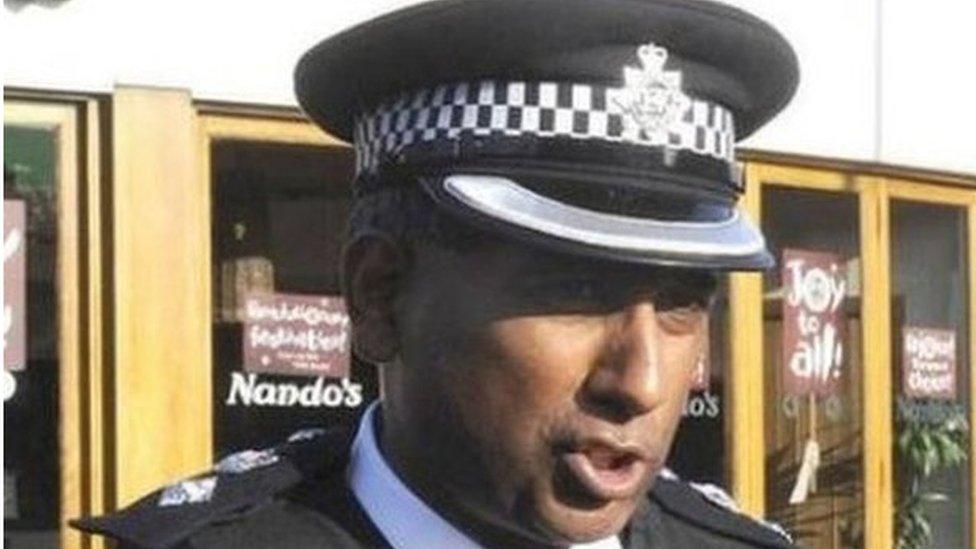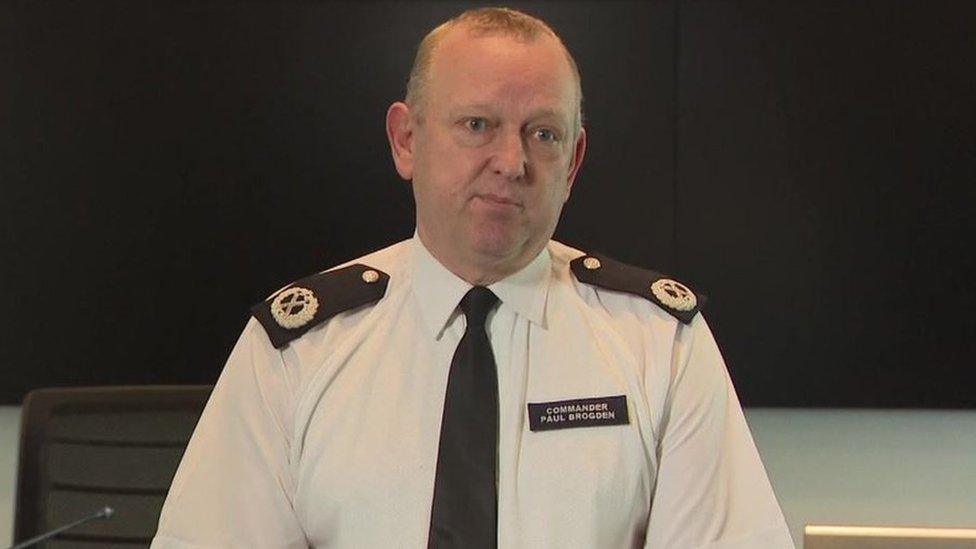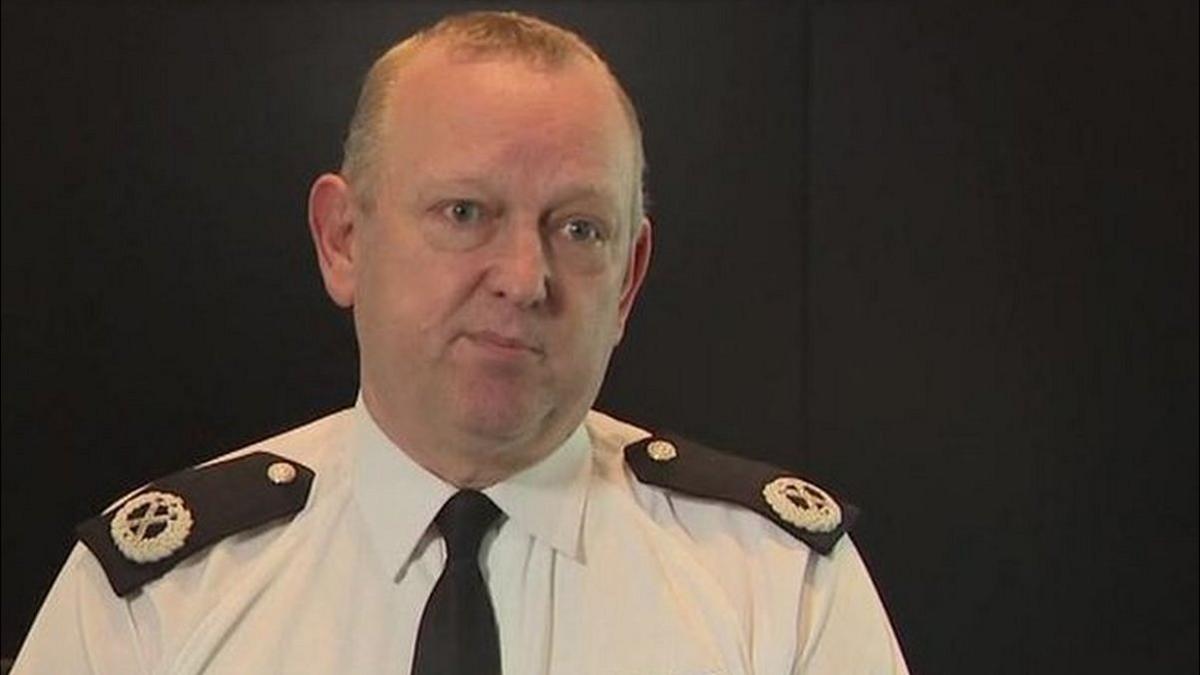Owami Davies: Met Police rejects racial bias claims over handling of case
- Published

Ex-Met Police Chief Supt Dal Babu has suggested there could be racial bias at play in missing persons investigations
The Met Police has rejected claims of "racial bias" over its handling of the Owami Davies disappearance case.
The 24-year-old student nurse was found on Tuesday in Hampshire after she had last been seen seven weeks previously on CCTV footage in south London.
Critics, including ex-Met Ch Supt Dal Babu, queried whether the force had treated the disappearance of a black woman as seriously as a white woman.
The Met said the suggestions were "unsubstantiated".
Former Ch Supt Dal Babu wrote an opinion piece in the Guardian, which was headlined: "What would the Owami Davies case look like if she were a blonde white woman?"
Ms Davies had last been seen on the CCTV walking in Derby Road, near to West Croydon rail station, on 7 July at 00:03 BST.
Incorrect CCTV images
She had left her family's home in Grays, Essex, on 4 July and was reported missing by relatives on 6 July, the same day that Met officers also spoke to her in London.
At the time, Ms Davies had not yet been marked as a missing person on the police database, the Met said, with the force adding it had only later established the woman it had spoken to was Ms Davies as a result of their missing person investigation.
The Met also issued incorrect CCTV images of a woman, who was not Ms Davies, as part of a public appeal to find the 24-year-old. Correct images were subsequently made available.
And despite the arrests of five people and numerous appeals for information, officers struggled to find Ms Davies as they trawled through 117 reported sightings.
The 118th report, made in response to a media appeal by a member of the public, at 10.30am on Tuesday was the one which led to her being found.

Met Frontline Policing Cdr Paul Brogden announced Owami Davies had been found safe and well on Tuesday
The Met has said it will carry out a review of all its actions from when Owami was first reported missing, along with Essex Police, the force which first handled the case.
Cdr Paul Brogden defended the Met's investigation and said the criticism did "a disservice" to what was the force's biggest missing person investigation this year.
He said: "Any commentary, including from former police officers, that suggests our response to Owami Davies' disappearance was insufficient or motivated by racial bias is unsubstantiated and based on speculation.
'Tireless work'
"It does a disservice to the tireless work, over many weeks, of the officers involved."
Mr Brogden said the search for Ms Davies had also been "among the biggest in recent years" and involved specialist detectives with expertise in complex cases.
"We are very pleased that their extraordinary efforts, with the assistance of the public and the press who shared our appeals, resulted in Owami being found.
"We always review significant cases to learn and improve and we are doing so in this instance alongside our colleagues from Essex Police.
"We will be transparent about any lessons that emerge."
The police watchdog, the The Independent Office for Police Conduct (IOPC), has said it will not longer investigate the contact Met officers had with Ms Davies on 6 July.

Follow BBC London on Facebook, external, Twitter , externaland Instagram, external. Send your story ideas to hellobbclondon@bbc.co.uk, external
- Published24 August 2022
